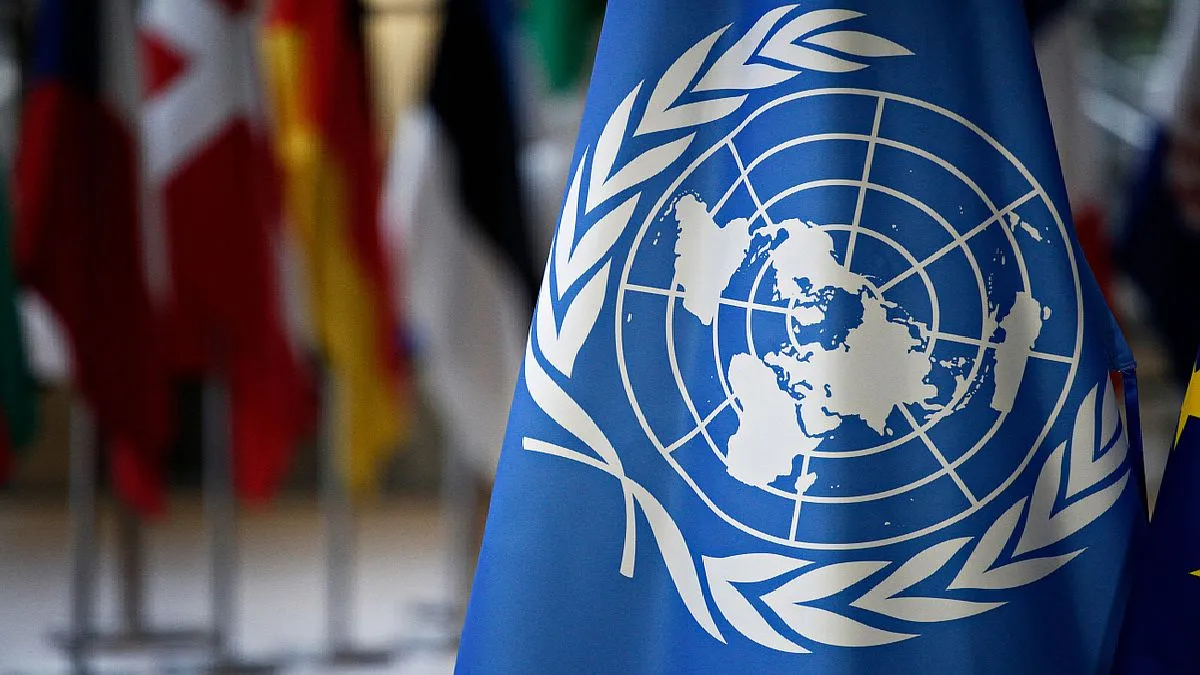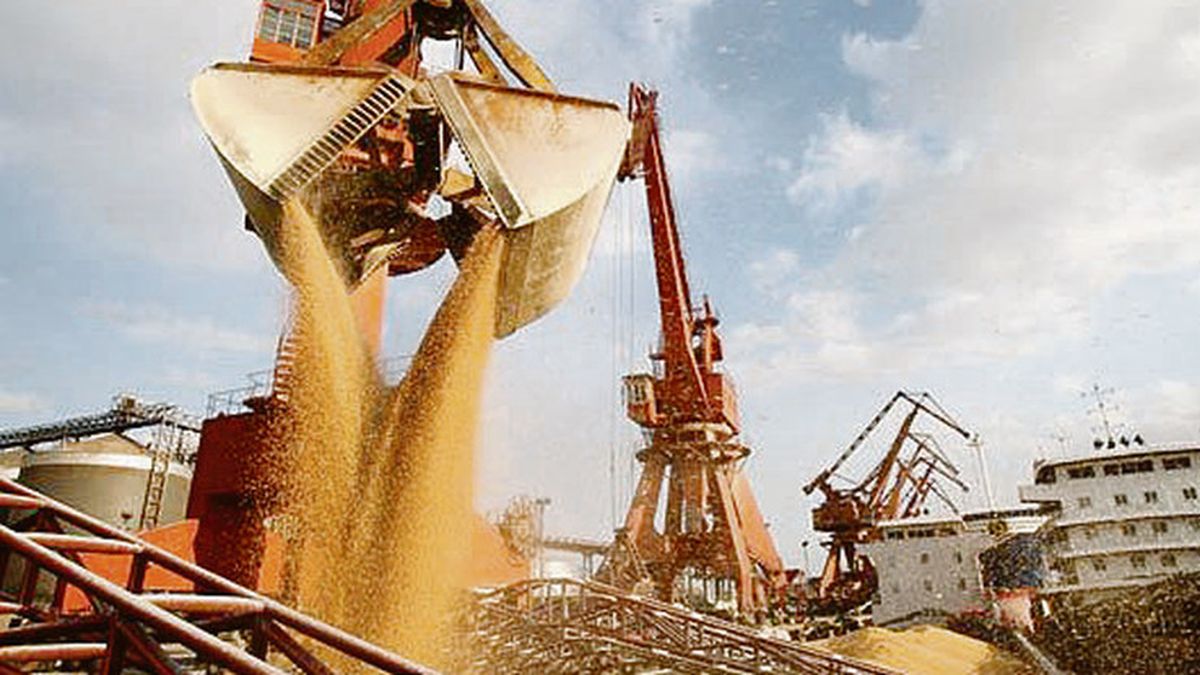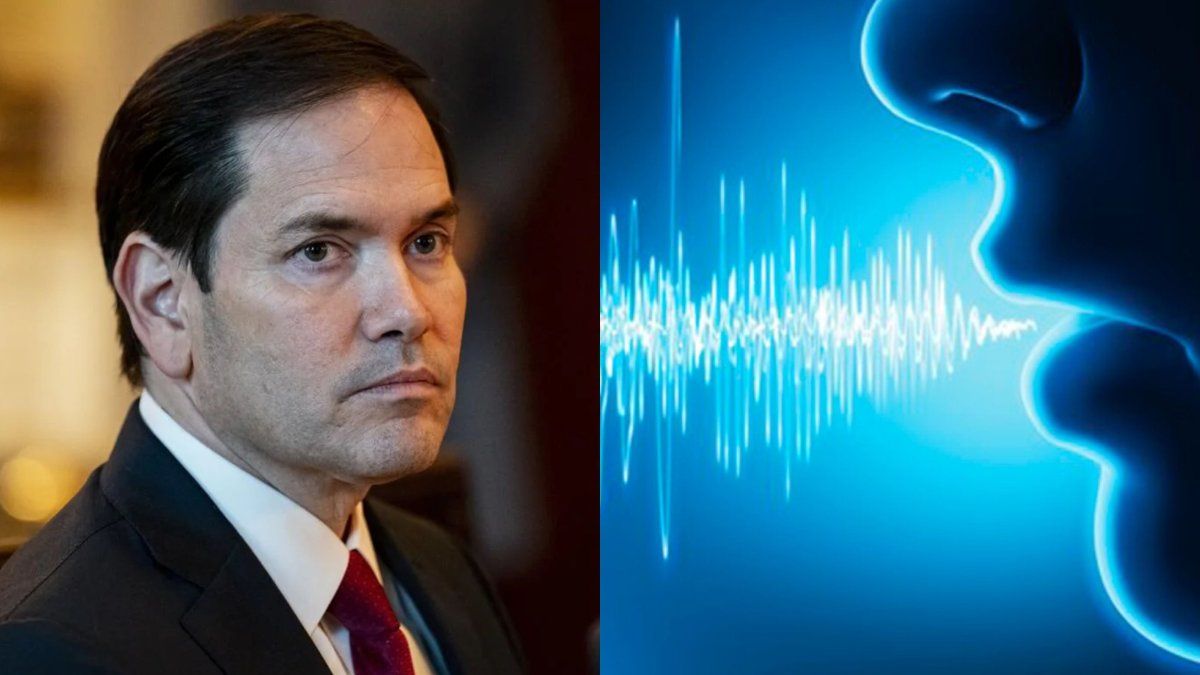The International organizations they point towards Uruguay because of the controversy Media law voted in the Senate, particularly for the article added by Town meeting which could involve censorship. In a statement, they called Parliament to promote international human rights provisions.
A statement signed by representatives of the UNESCO Regional Office in Montevideo and the regional representative for America of the South United Nations High Commissioner, Ernesto Fernández Polcuch and Jan Jarab respectively; He pointed out the need to review the content of the new media law voted a few days ago in the Senate and that, due to the revisions, it will have to return to Deputies for its final sanction.
The reason is the concern that the project has been processed “without a prior debate” – something also criticized at the level of the ruling party, which preferred to move forward quickly while it had the votes and discussed the initiative in the plenary session without going through a commission; but also due to the fact that the legal text is contrary “to international standards regarding freedom of expression”.
The fundamental point of contention is the article 72the addition at the request of Town meeting in exchange for their positive votes necessary to achieve a law pursued more than three years ago. The same, which states that “citizens have the right to receive political communication in a complete, impartial, serious, rigorous, partial and balanced manner among political actors”; “could involve prior censorship since the Executive Branch would have the power to determine the content broadcast by the media.
This aspect, highly criticized among the different Uruguayan parties, both opposition and pro-government, was pointed out by international organizations. Although they also questioned whether it is regulated in favor of business media concentrationwhile “reducing government transparency” regarding the granting of radio and television licenses.
“We call on the members of the House of Representativeswho must vote on this bill, so that they promote international provisions of human rights, as well as its subsequent consideration in consultation with social actors, including media, journalists and their associations,” the text added.
In addition, both organizations expressed that they remain “available for technical support and participation in the framework of a future debate on this bill.”
The possible presidential veto
The president’s veto Lacalle Pou has been the chosen solution for the latest controversial issues within Parliament, with the aim of maintaining peace within the coalition and also leaving freedom of action in the Parliament. The most recent examples were the partial veto to prohibit prosecutors from working as lawyers in the private sphere, introduced in the last Accountability; and the veto, also partial, to the project that established economic coverage for former workers of House of Galicia.
For this reason, for the pro-government legislators, the veto can be the brake on an article that “contributes nothing to what is a very good law” and that “falls into the error of expecting the media to comply with certain rules,” according to the deputy told El País Ivan Posada, of the Independent Party. For the legislator, the lobbying additive is “inopportune and unnecessary.”
Neither the deputies of the Colorado Ope Pasquet Party and Martin Melazzi They agree with article 72 that censors freedom of expression, and stated that they would support an eventual veto given the null margin of action left for the Chamber of Deputies: is that the half-sanction with modifications in the Senate after approval in December in the Lower House leaves the latter with the rejection en bloc of the entire project as the only alternative to reverse the additive of Town meeting. An option that, in any case, would not be completely ruled out, since the votes are not yet guaranteed.
In it National Party There are already voices that supported the possible and eventual decision to save the media law, avoiding the controversy of article 72 through the presidential veto which, if carried out, could also constitute a problem of another type: it would be the third presidential veto to a norm promoted by the lobbyists, in times, moreover, when each gesture can be decisive for the unity of the coalition in the face of the elections.
Source: Ambito




